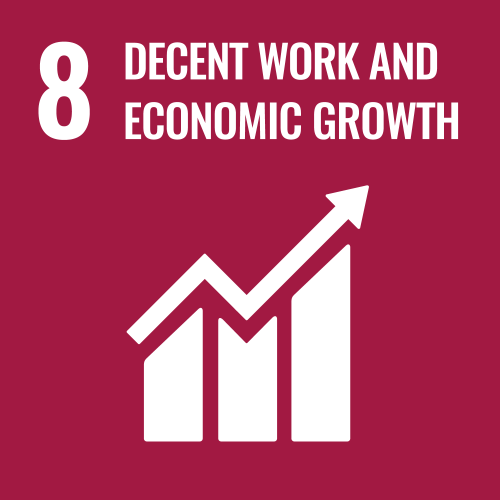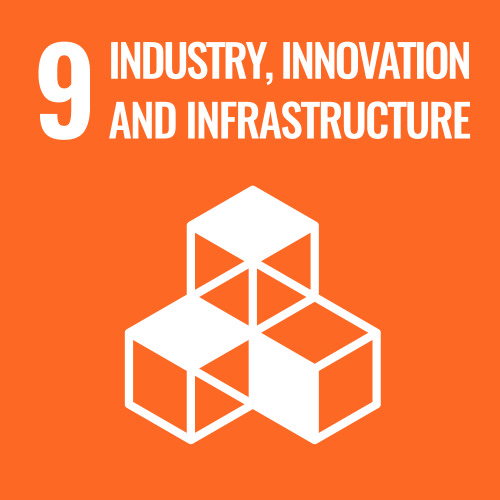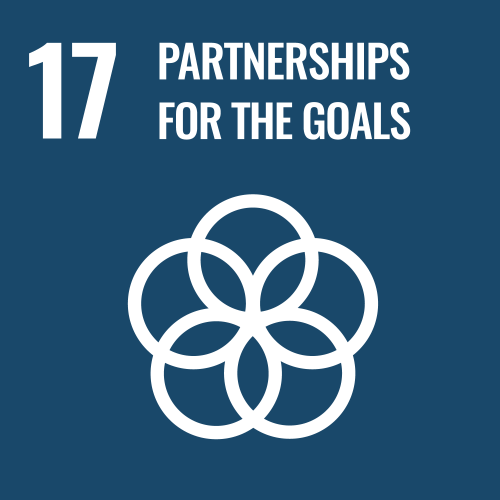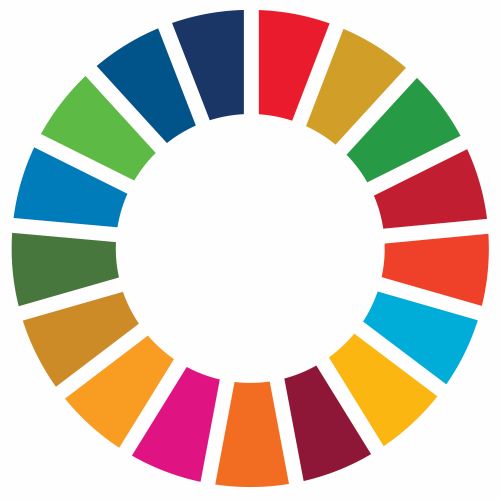
06/06/2025
Within the framework of the European project in support of AFcFTA, the objective of the forum was to create a legal and regulatory environment to facilitate faster, safer and more accessible cross-border digital trade.
Africa’s digital future came into sharper focus during the Inaugural AfCFTA Digital Trade Forum, held in Lusaka, Zambia. This landmark event brought together policymakers, digital innovators, private sector leaders, and development partners to advance the continent’s vision of a connected and inclusive digital economy.
Hosted by the AfCFTA Secretariat and the Government of Zambia, and supported by the EU-TAF Support to the AfCFTA—a Team Europe Initiative implemented by FIAP and other European development agencies—the Forum focused on putting the recently adopted AfCFTA Protocol on Digital Trade into action.
At the core of the discussions was a shared goal: to create a harmonised legal and regulatory environment for digital trade across Africa. The Protocol is a vital step toward unlocking the continent’s potential by facilitating faster, safer, and more accessible cross-border digital trade. From streamlining online payments to protecting digital identities, the Forum highlighted how this Protocol can boost entrepreneurship, drive innovation, and foster inclusive economic growth.
Ahead of the main event, a series of pre-Forum masterclasses, the AfCFTA Secretariat unpacked the protocol and its benefits to small and medium-sized enterprises (SMEs), where other development partners such as ITC and AfriLabs Africa gave hands-on training in digital skills and practical knowledge. These sessions aimed to prepare African businesses, especially youth and women-led enterprises, for success in the digital marketplace.
The Forum featured dynamic plenaries and in-depth technical sessions that explored key areas for accelerating digital integration. These included investing in digital infrastructure, measuring progress through the development of a Digital Trade Index and Creating a Transactions Team to ensure seamless trade flows. The sessions also included improving interoperability of digital payment systems across borders and strengthening digital public infrastructure and inclusive digital identity systems.
Participants emphasised the urgent need to strengthen digital skills and entrepreneurship, particularly among women, youth, rural communities, and people with disabilities. There was also a strong call to align national legislation with the Protocol, boost awareness at all levels, and promote public-private partnerships to drive implementation. The Forum concluded with a powerful Call to Action, urging all stakeholders—governments, businesses, and development organisations—to join forces in building a resilient, inclusive, and innovative African digital trade ecosystem.



